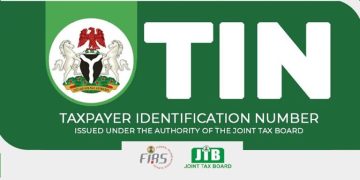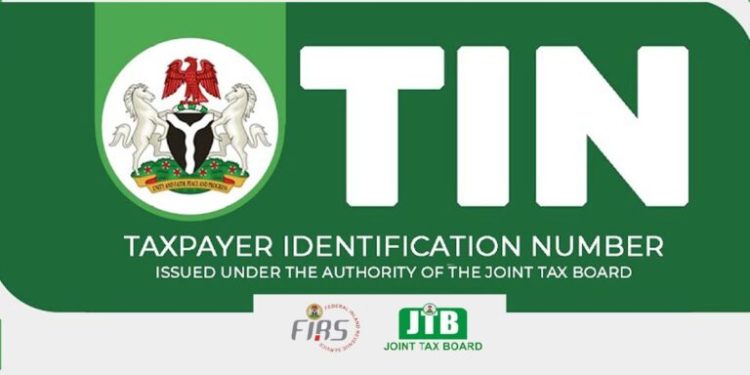The Presidential Fiscal Policy and Tax Reform Committee has announced that from January 1, 2026, individuals and businesses considered taxable may lose access to bank accounts, insurance policies, pension funds, and investment platforms if they do not have a valid Tax Identification Number (Tax ID).
This update was detailed in a frequently asked questions (FAQ) document titled “New Tax Acts and Tax ID – What You Need to Know,” released by Taiwo Oyedele, chairman of the committee.
According to the Nigeria Tax Administration Act (NTAA), the use of Tax IDs is mandatory for certain financial and business transactions. The new guideline aims to simplify identification, close loopholes, and promote fair taxation.
Who Needs a Tax ID?
Section 4 of the NTAA requires all “taxable persons” — individuals or entities earning income from trade, business, or any economic activity — to register with the tax authority and obtain a Tax ID. Banks and other financial institutions must request this identification from such customers. People who do not earn taxable income are exempt.
Is This a New Requirement?
No. The policy has existed since the Finance Act of 2019, which amended Section 49 of the Personal Income Tax Act. Since January 2020, Tax Identification Numbers (TINs) have been required for opening business accounts. The NTAA merely consolidates and enforces the rule under a unified framework.
Why “Tax ID” Instead of “TIN”?
“Tax ID” brings together different identification systems issued by the Federal Inland Revenue Service (FIRS), Joint Tax Board (JTB), and State Internal Revenue Services. In practice, individuals will use their National Identification Number (NIN), while companies will use their Corporate Affairs Commission (CAC) registration number as their Tax ID.
Already Have a TIN?
You don’t need a new Tax ID if you already have a valid TIN. For those without one, the NIN (for individuals) or CAC documents (for businesses) will be required to obtain a Tax ID.
Will There Be Biometric Registration?
No. The Tax ID is a unique number tied to your identity, not a physical card. Registration can be done online or at FIRS, State IRS, or JTB offices free of charge. Citizens are advised to avoid middlemen or unofficial agents.
Application to Businesses and Government Agencies
For unregistered businesses, an individual’s Tax ID suffices. For incorporated companies, NGOs, or other registered entities, the CAC registration automatically generates a TIN/Tax ID. Government-owned enterprises and agencies at all levels are also required to register under Section 5 of the NTAA.
Nigerians Abroad and Foreign Entities
Nigerians living overseas can obtain a Tax ID using their NIN for banking or investment purposes at home. Non-resident companies doing business in Nigeria must register for a Tax ID. Those earning only passive income (like dividends or rent) may not need to register but must provide relevant details.
Consequences of Non-Compliance
From January 1, 2026, taxable persons without a Tax ID may be unable to access financial services, including bank, pension, and insurance accounts. Sanctions also apply under the NTAA. Non-taxable persons remain exempt.
Benefits to Ordinary Nigerians
The policy is designed to streamline identification, reduce duplication, and ensure everyone who earns taxable income contributes fairly, while protecting low-income citizens from unnecessary obligations. For most people, the NIN or CAC RC number will serve as their Tax ID, eliminating extra paperwork.















